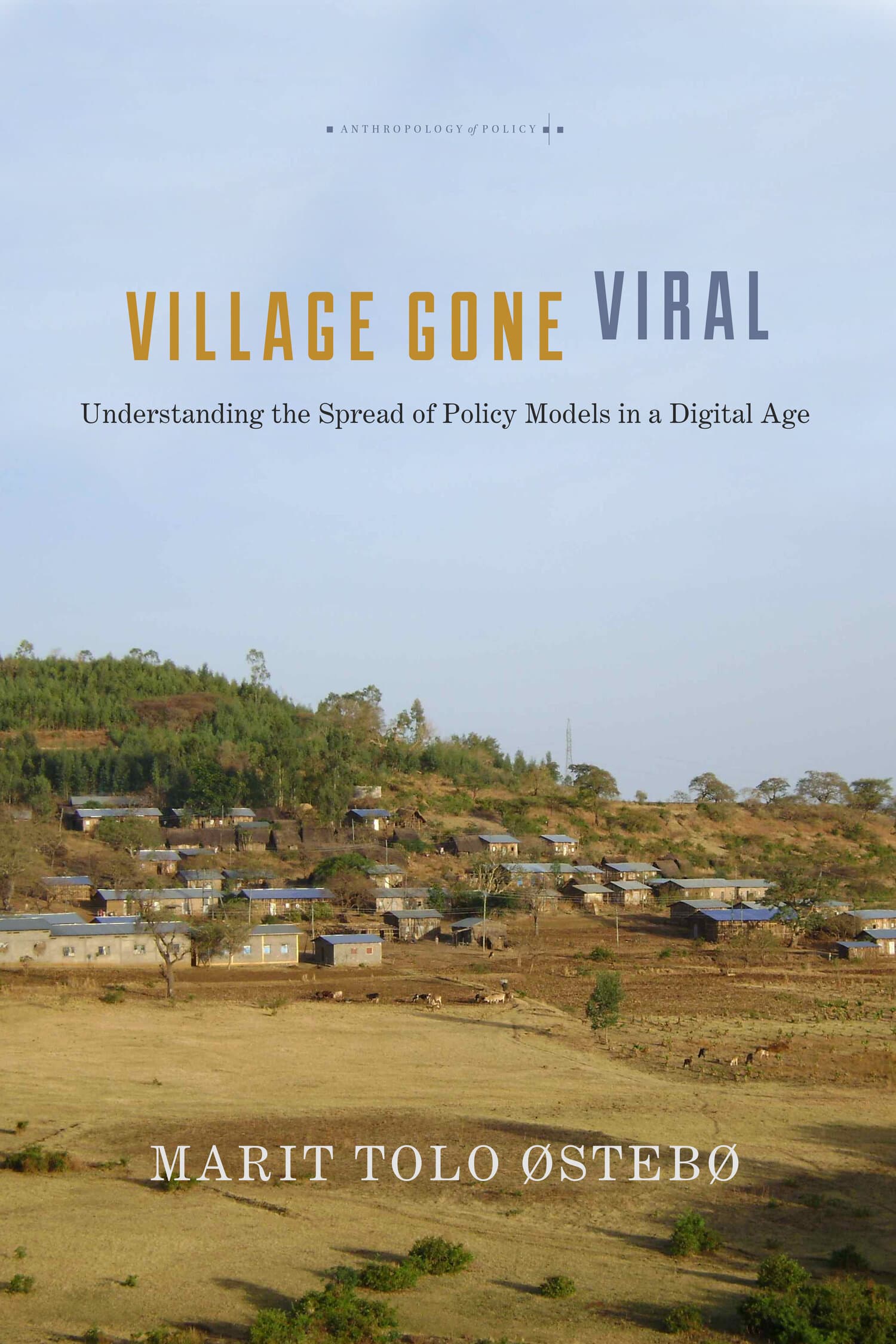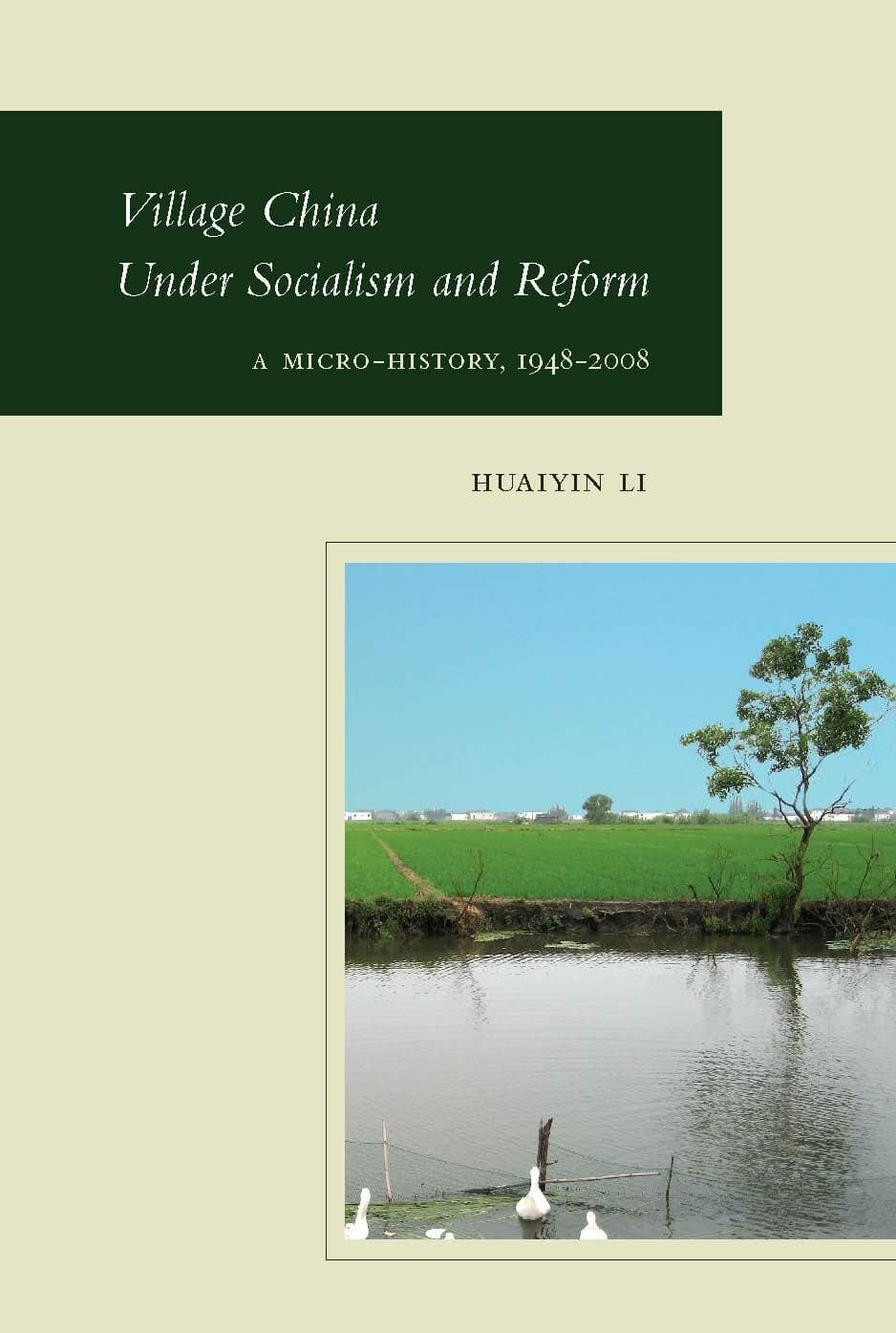Village Gone Viral

In 2001, Ethiopian Television aired a documentary about a small, rural village called Awra Amba, where women ploughed, men worked in the kitchen, and so-called harmful traditional practices did not exist. The documentary radically challenged prevailing images of Ethiopia as a gender-conservative and aid-dependent place, and Awra Amba became a symbol of gender equality and sustainable development in Ethiopia and beyond.
Village Gone Viral uses the example of Awra Amba to consider the widespread circulation and use of modeling practices in an increasingly transnational and digital policy world. With a particular focus on traveling models—policy models that become "viral" through various vectors, ranging from NGOs and multilateral organizations to the Internet—Marit Tolo Østebø critically examines the hidden dimensions of models and model making. While a policy model may be presented as a "best practice," one that can be scaled up and successfully applied to other places, the local impacts of the model paradigm are far more ambivalent—potentially increasing social inequalities, reinforcing social stratification, and concealing injustice. With this book, Østebø ultimately calls for a reflexive critical anthropology of the production, circulation, and use of models as instruments for social change.
"With this lively and engaging book, Marit Tolo Østebø not only provides a convincing and compelling account from a 'model village' in contemporary Ethiopia. She also enriches the anthropology of development with new theoretical tools and updates it with concepts appropriate for the Internet age. Highly recommended."—Thomas Hylland Eriksen, University of Oslo
"Marit Tolo Østebø's engaged, excellently researched, and accessible Village Gone Viral stands out for its detailed examination of how circulating policy models are translated into everyday village life. Wherever in the world readers are, they will quickly feel familiar with what goes on in the seemingly remote village of Awra Amba."—Richard Rottenburg, Wits University
"This thoughtful study is a distinctive addition to the theoretically complex literature on the anthropology of policy...Village Gone Viralgains depth and relevancy by acknowledging the importance of recognizing actions of inequality, exclusion, and injustice as evidence of flaws in an ideal social model, which can detrimentally impact any international application. Recommended."—R. B. Ridinger, CHOICE




